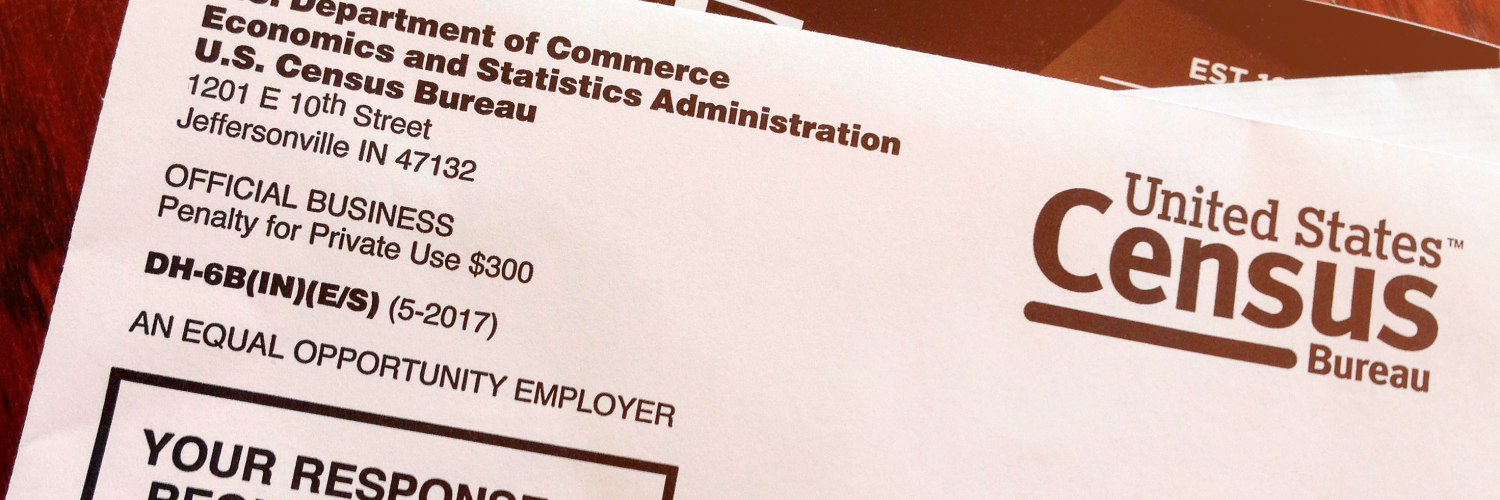After halting operations last month due to the coronavirus, the U.S. Census Bureau has a new schedule to get back on track to count everyone in America. It also has a new tool to help businesses and communities make decisions related to the pandemic.
For Arizona and other states, getting that accurate number means getting a fair share of $657 billion a year for the next 10 years. Dollars for Pell grants and special education, Medicare B and child nutrition, water and waste disposal systems for rural areas, and much more.
That’s not all. Census numbers and surveys provide industry, government agencies, researchers and media with fact-packed data to analyze and research important issues.
Now, more than ever, count is essential
Now, more than ever, the count is essential, said the two chairs of Gov. Doug Ducey’s Arizona Complete Count Committee, Debbie Johnson, director of the Arizona Office of Tourism, and Allies Bones, assistant Secretary of State.
Arizona has seen unprecedented growth in the past decade and delays due to COVID-19 must not thwart this opportunity.
“The 2020 Census is our opportunity to ensure that through our complete count, we can preserve Arizona’s outstanding quality of life and plan for the next decade,” the two said in a guest opinion for the Arizona Capitol Times to kick off the effort.
Nearly $3,000 per Arizonan every year can be tied to the count, more than $20.5 billion annually, they said.
“Census participation is not only our civic duty and a founding element of our democracy, the results touch nearly every element of our lives. From planning our transportation infrastructure to the way businesses make decisions – the Census matters.”
Population surge could mean new congressional seat
Census numbers also are used to determine how many congressional seats a state has. Arizona’s explosive growth in the past several years could mean the state will get a new member for the U.S. House of Representatives to advocate for residents and businesses.
Arizona slightly behind in reporting
For now, Arizona remains slightly behind the rest of the nation in self-reporting online.
More than 53 percent of the U.S. is now counted, according to the Census. As of Monday, Arizona showed 51 percent of residents here have self-reported.
To see how cities, counties and states are tallying up, the Bureau has an interactive map of self-response rates at: Census Response Rates.
New resource tool for businesses, communities
Similar to the Census Bureau’s resource pages created during natural disasters, a new interactive data hub includes information on population demographics, economic indicators and businesses. It centralizes data from the American Community Survey and the County Business Patterns program to provide data useful in making pandemic-related decisions.
Census back on track after pandemic delay
In light of the COVID-19 outbreak, the Bureau adjusted its 2020 Census operations to protect the health and safety of the American public and Census Bureau employees.
A new schedule is now in place. The Bureau’s return to field operations will occur in phases based on a region’s lockdown orders and the availability of protective gear against the coronavirus Census officials said.
For now, most operations are extended three months out. For example, everyone is to be counted by Oct. 31 instead of July 31. Census workers were to begin going door-to-door on March 15. The pandemic has pushed that to July 13.
Field workers who conduct any in-person activities will incorporate guidelines for health and safety of the staff and the public. This will include personal protective equipment and social distancing practices.
Under the new schedule, the final counts are to be delivered to the president by April 30, 2021 and redistricting data to the states by July 31, 2021.
Ten minutes now to help Arizonans for 10 years
For instructions on how to take the Census survey in 10 minutes, go to: Census online. For a video in Spanish on the importance of the Census, go to: Census 2020 español.
Photo courtesy of Michelle R. Smith/AP.

















Add comment